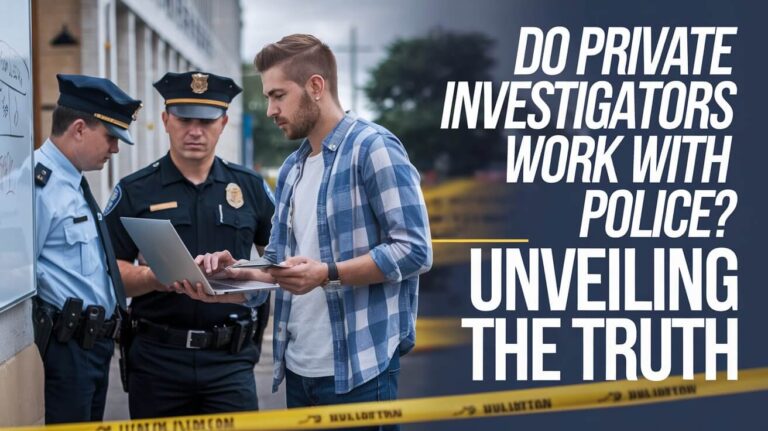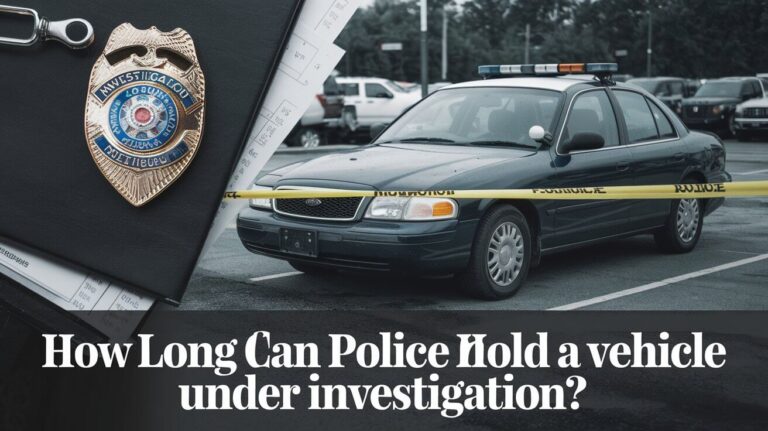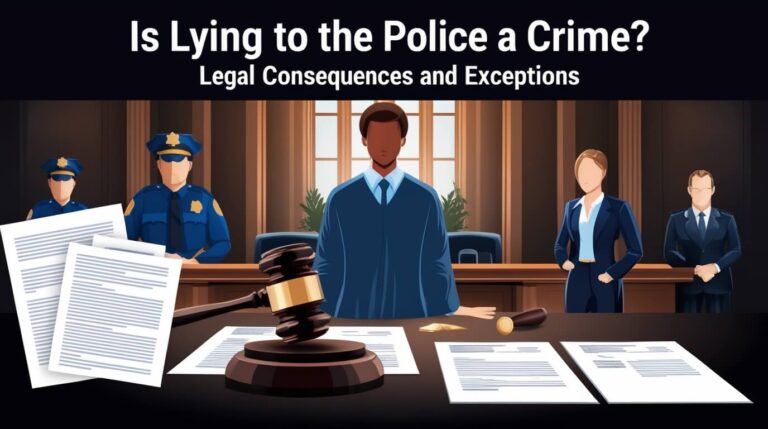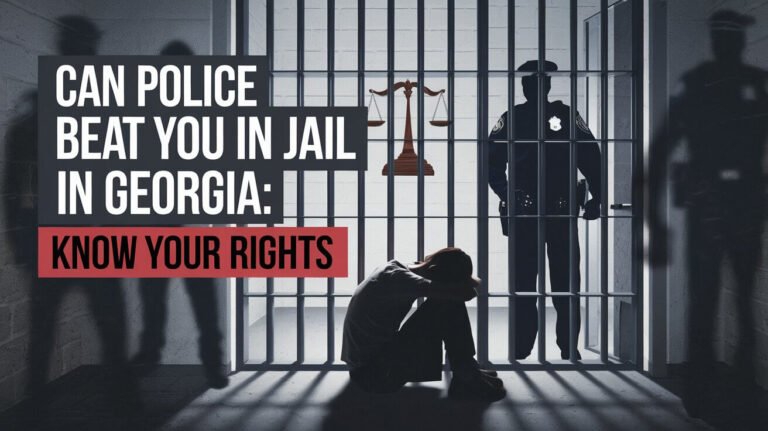Do Police Investigate Credit Card Theft? What Victims Need to Know
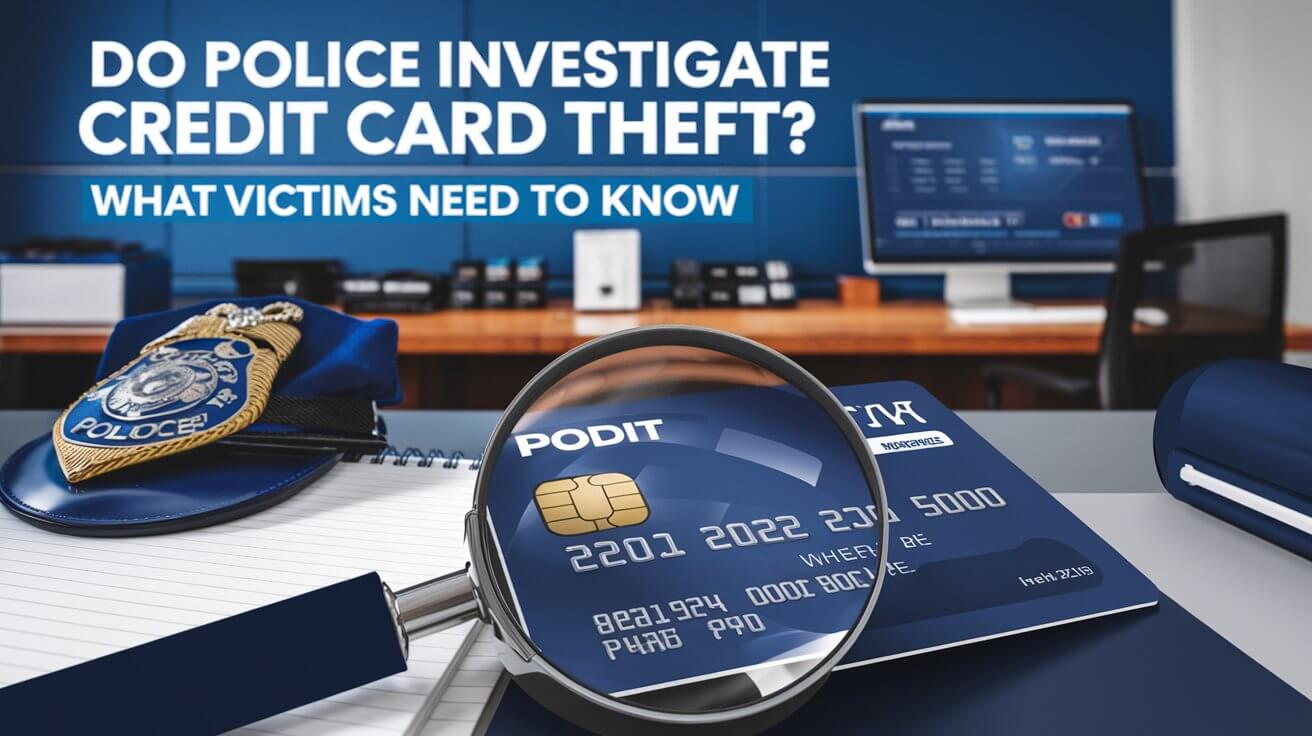
Credit card theft is a growing concern in our increasingly digital world. While police do investigate credit card theft, their involvement often depends on several factors, including the scale of the crime and available resources. This article explores the ins and outs of credit card theft investigations, empowering you with knowledge to protect yourself and take action if you become a victim.
Understanding Credit Card Theft
Credit card theft isn’t just about someone swiping your physical card. It’s a complex crime that takes many forms in today’s digital age.
Types of Credit Card Fraud
Credit card fraud comes in various flavors:
- Physical card theft
- Skimming
- Phishing scams
- Data breaches
- Account takeover
Each type poses unique challenges for investigators and victims alike.
How Credit Card Information Gets Stolen
Thieves are crafty. They use methods like:
- Dumpster diving for discarded statements
- Shoulder surfing at ATMs
- Installing skimming devices on card readers
- Creating fake websites to capture your data
Knowing these tactics helps you stay one step ahead.
The Scale of the Problem: Credit Card Theft Statistics
The numbers are staggering. In 2023, credit card fraud reports hit 416,582. That’s more than 1,100 cases daily! This massive scale often overwhelms law enforcement resources.
The Role of Police in Credit Card Theft Investigations
Police play a crucial role in tackling credit card theft, but their involvement isn’t always straightforward.
When Do Police Get Involved in Credit Card Theft Cases?
Police typically step in when:
- Large sums of money are involved
- There’s evidence of organized crime
- Multiple victims are affected in the same area
- Physical violence or threats accompany the theft
Small-scale fraud often falls to other agencies to handle.
Factors That Influence Police Investigation of Credit Card Theft
Several elements shape how police approach these cases:
- Available resources
- Jurisdictional issues
- Evidence quality
- Victim cooperation
These factors determine whether a case gets the full detective treatment or becomes a low-priority report.
Limitations of Police Investigations in Credit Card Fraud Cases
Police face hurdles in credit card theft cases:
- Cybercrime expertise gaps
- Cross-border jurisdictional challenges
- Limited tech resources for digital forensics
- Overwhelming caseloads
These obstacles often lead to frustration for victims seeking justice.
Other Entities That Investigate Credit Card Theft
While police play a role, they’re not the only players in the credit card theft investigation game.
Credit Card Companies and Their Fraud Departments
Credit card issuers are on the front lines. They:
- Monitor accounts for suspicious activity
- Use AI to detect fraud patterns
- Investigate claims quickly
- Often absorb fraudulent charges
Their swift action often resolves issues before police involvement becomes necessary.
Banks and Financial Institutions
Banks take credit card theft seriously. They:
- Employ dedicated fraud teams
- Collaborate with card networks
- Invest in cutting-edge security tech
- Educate customers on safe practices
Their proactive approach helps nip many fraud attempts in the bud.
Federal Agencies Involved in Credit Card Fraud Investigations
Big cases often attract federal attention:
- The FBI tackles large-scale fraud rings
- The Secret Service investigates counterfeit operations
- The FTC tracks trends and educates consumers
These agencies bring resources and expertise to complex cases.
The Process of Investigating Credit Card Theft
Investigating credit card theft is like solving a high-tech puzzle. Let’s break down the process.
Initial Steps in a Credit Card Theft Investigation
When a theft is reported, investigators spring into action:
- Gather victim statements
- Review transaction histories
- Identify patterns of fraudulent activity
- Secure surveillance footage if available
This groundwork lays the foundation for the entire investigation.
Gathering Evidence in Credit Card Fraud Cases
Evidence collection in the digital age is tricky. Investigators look for:
- Digital footprints left by thieves
- IP addresses used in online fraud
- Physical evidence from skimming devices
- Witness accounts of suspicious behavior
Every piece of the puzzle helps build a stronger case.
Tracking and Catching Credit Card Thieves
Catching thieves requires patience and tech-savvy:
- Tracing online transactions
- Setting up sting operations
- Collaborating with businesses where fraud occurred
- Using public tips and Crime Stoppers programs
It’s a cat-and-mouse game where investigators must stay one step ahead.
What to Do If You’re a Victim of Credit Card Theft
Falling victim to credit card theft is scary, but quick action can make a big difference.
Immediate Actions to Take After Discovering Credit Card Theft
Time is of the essence. Here’s what to do right away:
- Call your card issuer to report the theft
- Cancel your card and request a replacement
- Change passwords on your online accounts
- Check your credit report for unauthorized accounts
These steps can stop thieves in their tracks and limit your liability.
Reporting Credit Card Theft to the Police
Filing a police report is crucial:
- Provides an official record of the crime
- May be required by your card issuer
- Helps law enforcement track crime patterns
- Could lead to catching the thief
Don’t skip this step, even if it feels like a long shot.
Working with Your Bank and Credit Card Company
Your financial institutions are your allies:
- Provide them with all relevant information
- Follow their fraud reporting procedures
- Ask about zero liability policies
- Inquire about credit monitoring services
They have the tools and experience to help you recover quickly.
Prevention Strategies: Protecting Yourself from Credit Card Theft
An ounce of prevention is worth a pound of cure, especially with credit card theft.
Best Practices for Credit Card Security
Stay safe with these tips:
- Never share your PIN or CVV number
- Use strong, unique passwords for online accounts
- Enable two-factor authentication when available
- Check your statements regularly for odd charges
Small habits can make a big difference in keeping your cards secure.
Recognizing Common Credit Card Scams
Knowledge is power. Watch out for:
- Phishing emails asking for card details
- Fake charity solicitations
- “You’ve won!” scams requiring card info
- Unsolicited calls claiming to be your bank
If it sounds too good to be true, it probably is.
Using Technology to Safeguard Your Credit Card Information
Tech can be your friend in fighting fraud:
- Use virtual card numbers for online shopping
- Install reputable antivirus software
- Enable purchase alerts on your cards
- Consider a digital wallet for safer transactions
Embrace these tools to add layers of security to your financial life.
Legal Aspects of Credit Card Theft
Credit card theft isn’t just wrong—it’s illegal. Understanding the law can help you navigate the aftermath of fraud.
Laws Governing Credit Card Fraud
Several laws protect consumers:
- The Fair Credit Billing Act limits your liability
- The Electronic Fund Transfer Act covers debit card fraud
- The Identity Theft and Assumption Deterrence Act made identity theft a federal crime
These laws form a safety net for victims of credit card theft.
Penalties for Credit Card Theft
Credit card thieves face serious consequences:
- Fines up to $250,000
- Prison sentences of up to 15 years
- Restitution to victims
- Felony charges on their criminal record
The severity often depends on the scale and nature of the fraud.
Your Rights as a Victim of Credit Card Fraud
You have more power than you might think:
- Right to a free credit report if you suspect fraud
- Right to place a fraud alert on your credit file
- Right to dispute fraudulent charges
- Right to seek damages in civil court
Know your rights to protect yourself fully.
The Future of Credit Card Theft Investigations
As technology evolves, so do the methods for fighting credit card theft.
Emerging Technologies in Fraud Detection and Prevention
The future looks promising:
- AI-powered fraud detection systems
- Blockchain for secure transactions
- Biometric authentication methods
- Quantum encryption for data protection
These advancements aim to make credit card theft a thing of the past.
International Cooperation in Combating Credit Card Theft
Crime knows no borders, so neither should prevention:
- Global law enforcement partnerships
- Cross-border data sharing agreements
- International cybercrime treaties
- Unified reporting systems for fraud
Working together, countries can create a united front against credit card theft.
Challenges and Opportunities in Fighting Credit Card Fraud
The road ahead isn’t without bumps:
- Keeping pace with evolving fraud techniques
- Balancing security with user convenience
- Addressing privacy concerns in fraud prevention
- Educating the public on new security measures
Each challenge presents an opportunity to build a safer financial ecosystem.
Conclusion: The Evolving Landscape of Credit Card Theft Investigations
Credit card theft investigations are complex, involving multiple players from police to federal agencies to financial institutions. While police do investigate credit card theft, their involvement varies based on the case’s specifics. As consumers, our best defense is a combination of vigilance, quick action when fraud occurs, and staying informed about the latest protection methods.
Remember, you’re not alone in this fight. With the right knowledge and tools, you can significantly reduce your risk of becoming a victim. Stay alert, stay informed, and don’t hesitate to reach out to the proper authorities if you suspect credit card theft. Your financial security is worth the effort.



